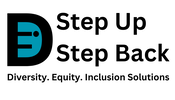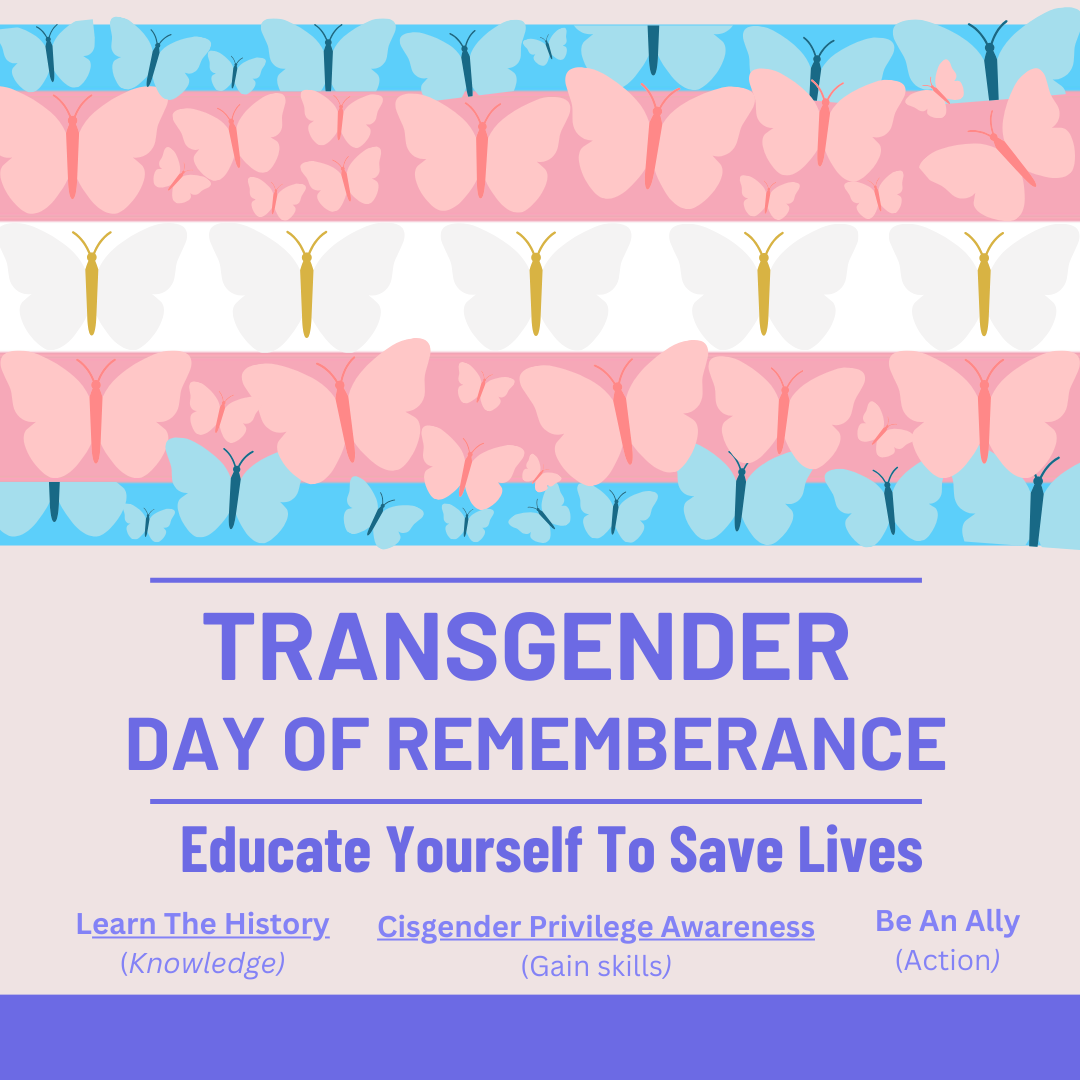|
4 QUESTIONS TO START IDENTIFYING CISGENDER PRIVILEGE
Hate crimes committed against the transgender community and transgender suicide often stem from fear and a lack of knowledge about cisgender privilege. By improving your leader allyship knowledge and skills, you can take the first steps to save transgender lives by creating an equitable and inclusive organizational culture. #leadershipdevelopment Questions To Identify Cisgender Privilege 1) Where is the nearest gender neutral restroom at your work? If you do not know, that is cisgendered privilege. As a cisgendered person you automatically have multiple options for access to restrooms that support your identity. As an organizational leader your cisgender privilege directly influences policy dictating the availability of gender neutral restrooms. 2) How frequently do you include your pronouns in your introductions in person, virtually, and written communication? If the answer is not always, that is cisgendered privilege. As a cisgendered person you have the privileged option to not disclose your gender during first time introduction and still benefit from being correctly gendered by others. As an organizational leader you set the acceptable standard of professional organization introductions, normalizing gender disclosure in meetings destigmatizes the practice and removes the burden from already vulnerable individuals. 3) Before traveling do you check the limitations of local laws for safe transportation, lodging, and rest stops based on your gender? If the answer is no, that is cisgendered privilege. As a cis gendered person unrestricted travel with hospitality accommodations, food service, and transportation are often readily available to you compared to being refused service if you were a trans person. 4) Have you ever attended a baby shower/gender reveal party for work and questioned how it normalizes the exclusion of trans folks? If the answer is yes, that is cisgender privilege. A transgender person might feel silenced, erased, minimized, and dismissed as all the party guests celebrate a familial/cultural standard of identity that they do not fit into. It also perpetuates an exclusionary standard against transgender people because it normalizes the practice of cisgender based parties for the next generation being born. Comment below if you've successfully incorporated all four new beahaviors into your professional daily life.
0 Comments
Leave a Reply. |
Learn & ExploreBlog posts to expand your leadership knowledge and increase your exposure to DEI Archives
June 2024
Categories |
Proudly powered by Weebly


 RSS Feed
RSS Feed